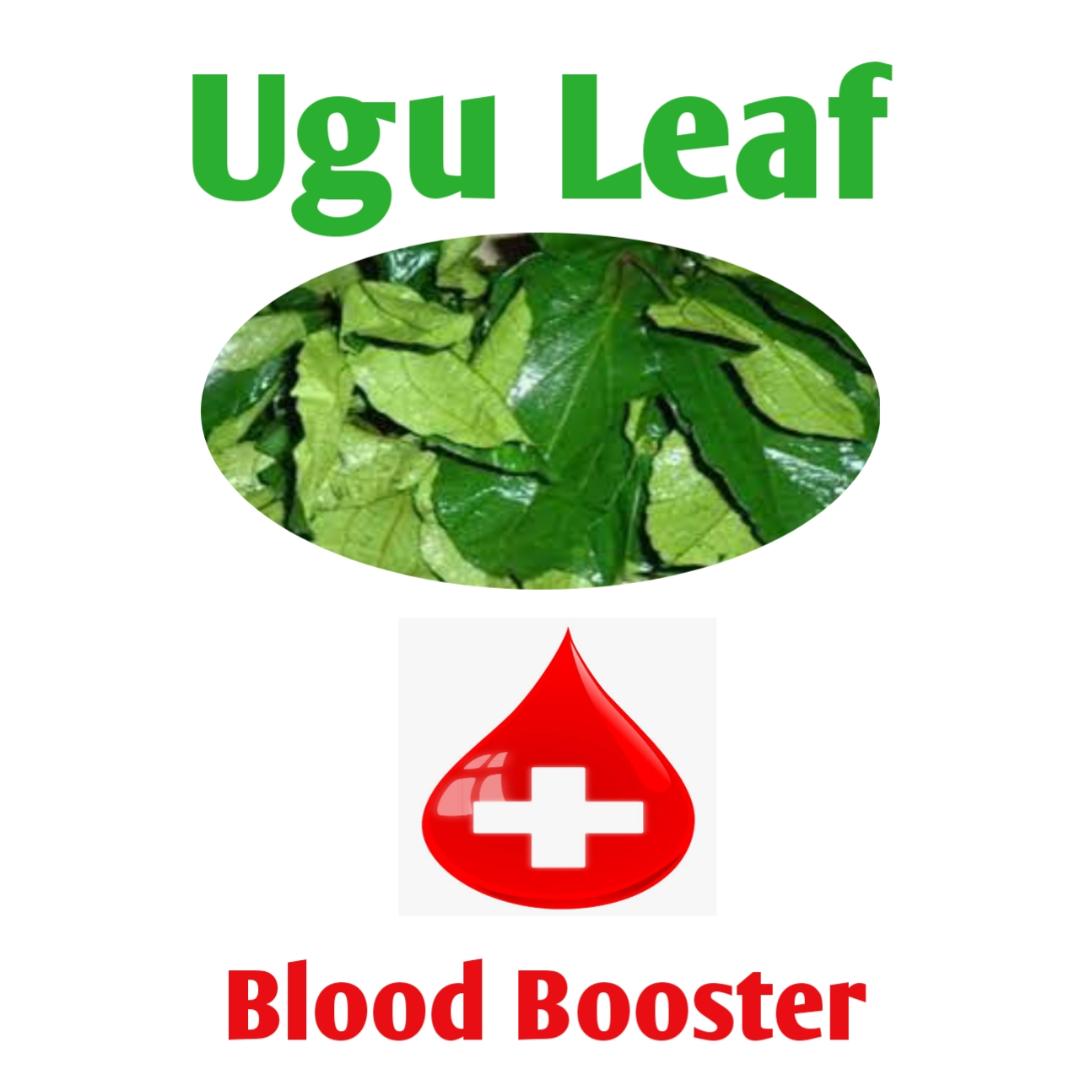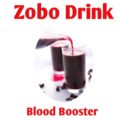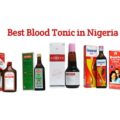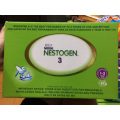Blood is a body fluid in humans that delivers necessary substances such as nutrients and oxygen to the cells and transports metabolic waste products away from those same cells. In vertebrates, it is composed of blood cells suspended in blood plasma.
Blood plays an important role in regulating the body’s systems and maintaining homeostasis. Other functions include supplying oxygen and nutrients to tissues, removing waste, transporting hormones and other signals throughout the body, and regulating body pH and core body temperature.
Hemoglobin is an iron-rich protein present in red blood cells and is responsible for carrying oxygen throughout the body. It is necessary to maintain normal levels of hemoglobin in your blood for your body to function properly i.e. 14 to 18 g/dl for adult men and 12 to 16 g/dl for adult women. When the level of hemoglobin drops, it can cause weakness, fatigue, headaches, shortness of breath, dizziness, poor appetite, and rapid heartbeat. If the level of hemoglobin decreases significantly, the condition may be diagnosed as anemia and symptoms can become severe.
There can be various causes of anemia, which may include iron deficiency, folic acid deficiency, extreme loss of blood, etc. In some cases, anemia can be treated through dietary changes, incorporating nutrient-packed leaves like ugu into your diet.
What Is Ugu?
Ugu scientifically known as Telfairia occidentalis is a tropical vine grown in West Africa as a leaf vegetable and for its edible seeds. Common names for the plant include fluted gourd, fluted pumpkin, and ikong-ubong. The plant is a member of the family Cucurbitaceae and is indigenous to southern Nigeria. Ugu is low in Sodium and very low in Cholesterol. This African food is also a good source of Niacin, and a very good source of Dietary Fiber, Protein, Vitamin A, Vitamin E (Alpha Tocopherol), Vitamin K, Thiamin, Riboflavin, Vitamin B6, Folate, Calcium, Iron, Magnesium, Phosphorus, Potassium, Copper, and Manganese.
How Ugu Boost Blood Production
Iron: Ugu leaf is an excellent source of iron and many other minerals. Iron is an essential element for blood production. About 70 percent of your body’s iron is found in the red blood cells of your blood called hemoglobin and in muscle cells called myoglobin. Hemoglobin is essential for transferring oxygen in your blood from the lungs to the tissues.
Vitamin C: The vitamin C content of this leaf also helps increase the absorption of iron from the intestines. It captures non-heme iron and stores it in a form that’s more easily absorbed by your body. This is needed to make hemoglobin. This is the oxygen-carrying pigment inside the red blood cells. Vitamin C is needed for many chemical reactions.
Vitamin E: Ugu is a good source of Vitamin E which is very important in the formation of red blood cells. It helps the body use vitamin K. It also helps widen blood vessels and keep blood from clotting inside them.
Folate: Ugu is a good source of Folate. This is one of the B-vitamins and is needed to make red and white blood cells in the bone marrow, convert carbohydrates into energy, and produce DNA and RNA. Adequate folate intake is extremely important during periods of rapid growth such as pregnancy, infancy, and adolescence.
Magnesium: Studies have shown that long-term, low-magnesium diets result in lower content of the mineral in red blood cells and that magnesium supplementation improves RBC Magnesium content while having no effect on serum magnesium in those who are deficient – such as diabetics, obese people, and migraine sufferers. As a good source of magnesium, Ugu helps to boost the red blood cell’s magnesium content. The RBC blood test, also known as the magnesium blood test, is used to measure the level of magnesium found in the red blood cells floating in the blood serum. Symptoms of low levels of magnesium in the red blood cells include cardiac arrhythmias, seizures, and muscle cramping, and weakness. See: Does Zobo Drink Give Blood & Healthiest Nigerian Foods






